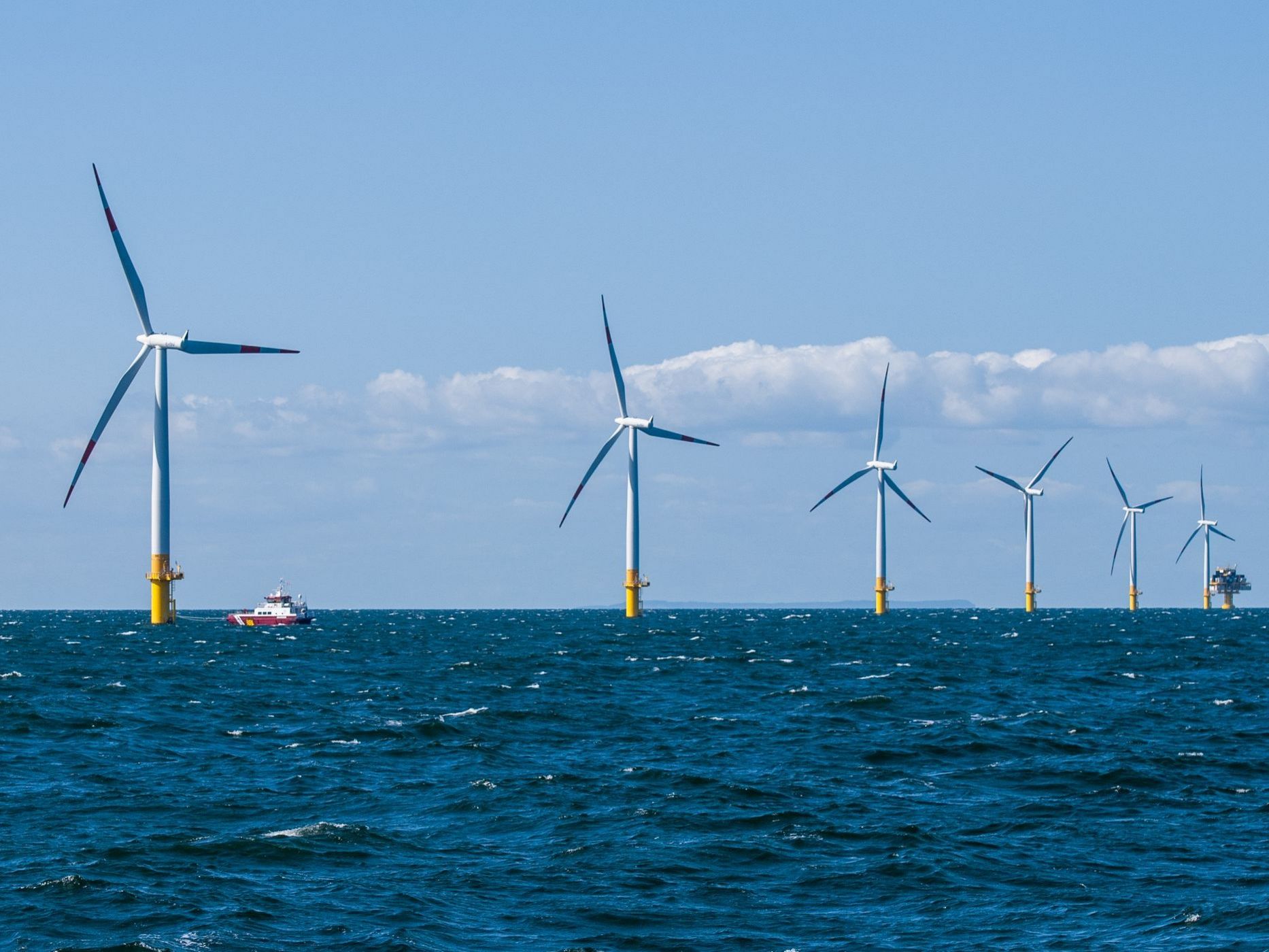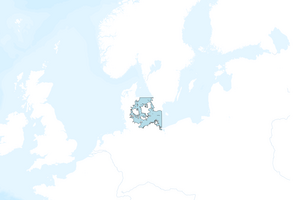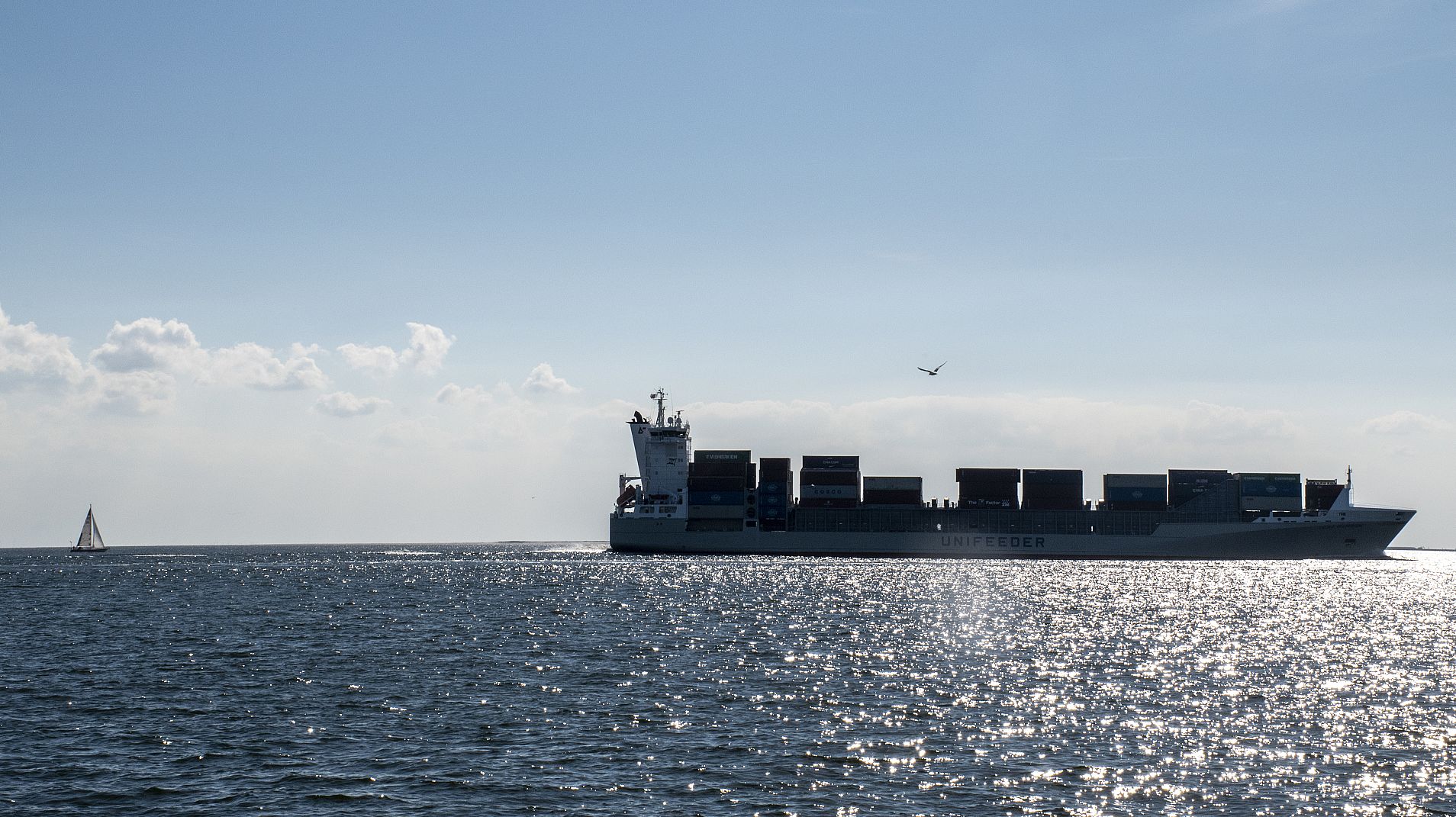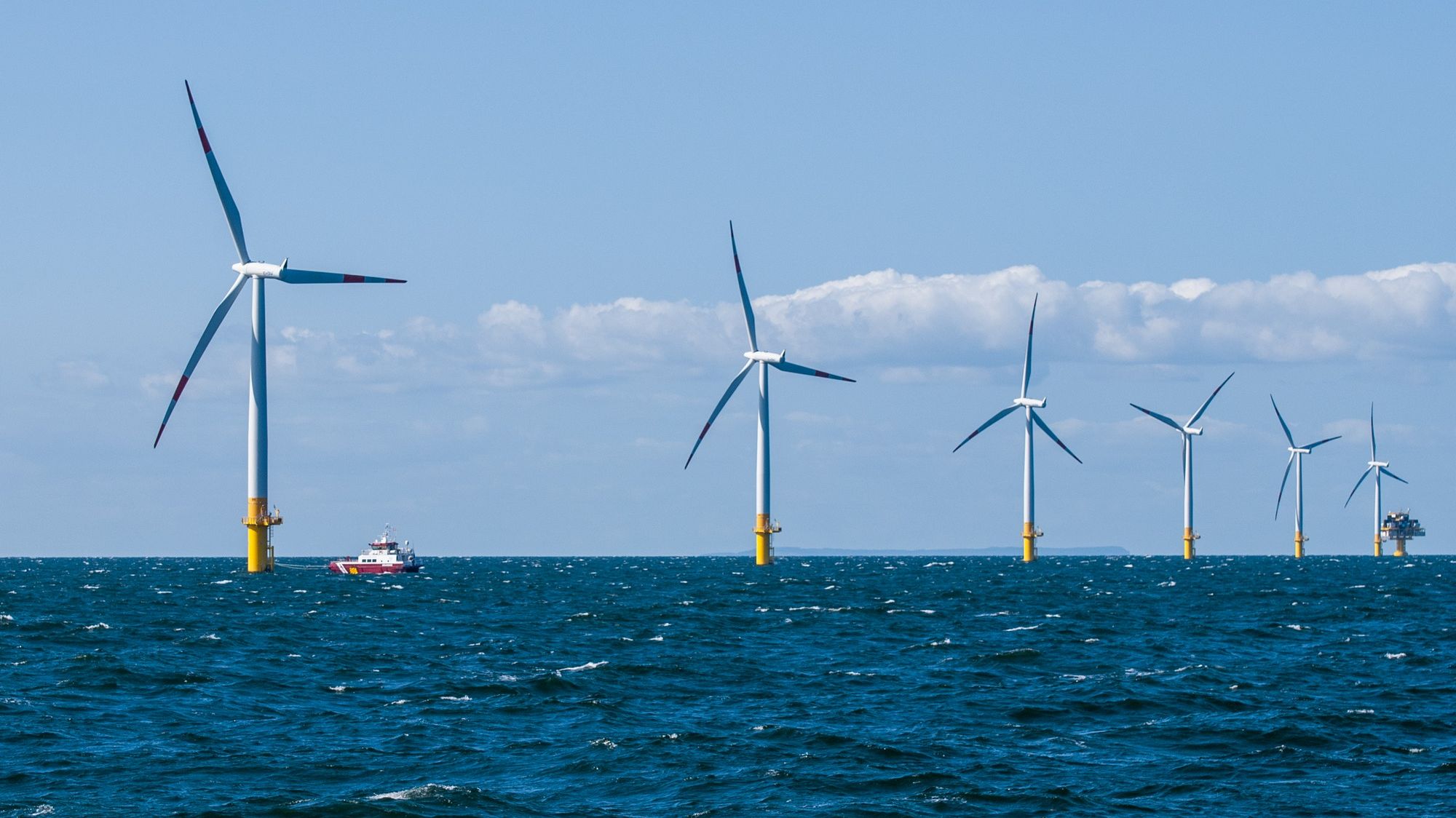Western Baltic Sea
The Western Baltic Sea (WB) is a transition area between the fully marine areas bordering the North Sea and the brackish parts of the Baltic Sea. Overfishing and climate change have recently caused collapses of the two major fisheries targets cod and herring, threatening traditional fisheries and the communities they rely on. Fisheries are furthermore restricted by marine space requirements for renewable energy production and marine biodiversity protection through Natura 2000 sites. Currently, sites fitting the 2030-30%-10% EB-MSP scenarios are discussed nationally, but knowledge gaps exist on
(i) the efficacy of existing Natura 2000 and other sites to protect local biodiversity hotspots and the life-history connectivity of the important commercial fish species,
(ii) the extent of the limitations that protected areas put on commercial fisheries economic viability, and
(iii) the interference of e.g. offshore wind farms or gravel extraction with biodiversity hotspots and traditional fishing grounds.
Data are available from the ICES DATRAS, Acoustic Trawl Surveys, and Biodiversity databases, as well as databases maintained internally by the project partners and running projects, e.g. baltADAPT. The scenarios created within the EB-MSP case study in the Western Baltic Sea will provide such necessary information to resolve the tradeoffs between the major marine space requirements, and to inform stakeholders (e.g. producer organisations and environmental NGOs with existing contacts to Danish Fishermen PO, Fischereischutzverband Schleswig-Holstein, Low Impact Fishers of Europe, Environmental Action Germany, WWF Germany, Danish Society for Nature Conservation, and WWF Danmark) and national support planners (Danish Ministry of Environment, Danish Ministry for Food, Agriculture and Fisheries, Schleswig-Holstein Ministry for Energy, Agriculture, the Environment, Nature and Digitalization) to ensure sustainable decision-making for coastal communities.







